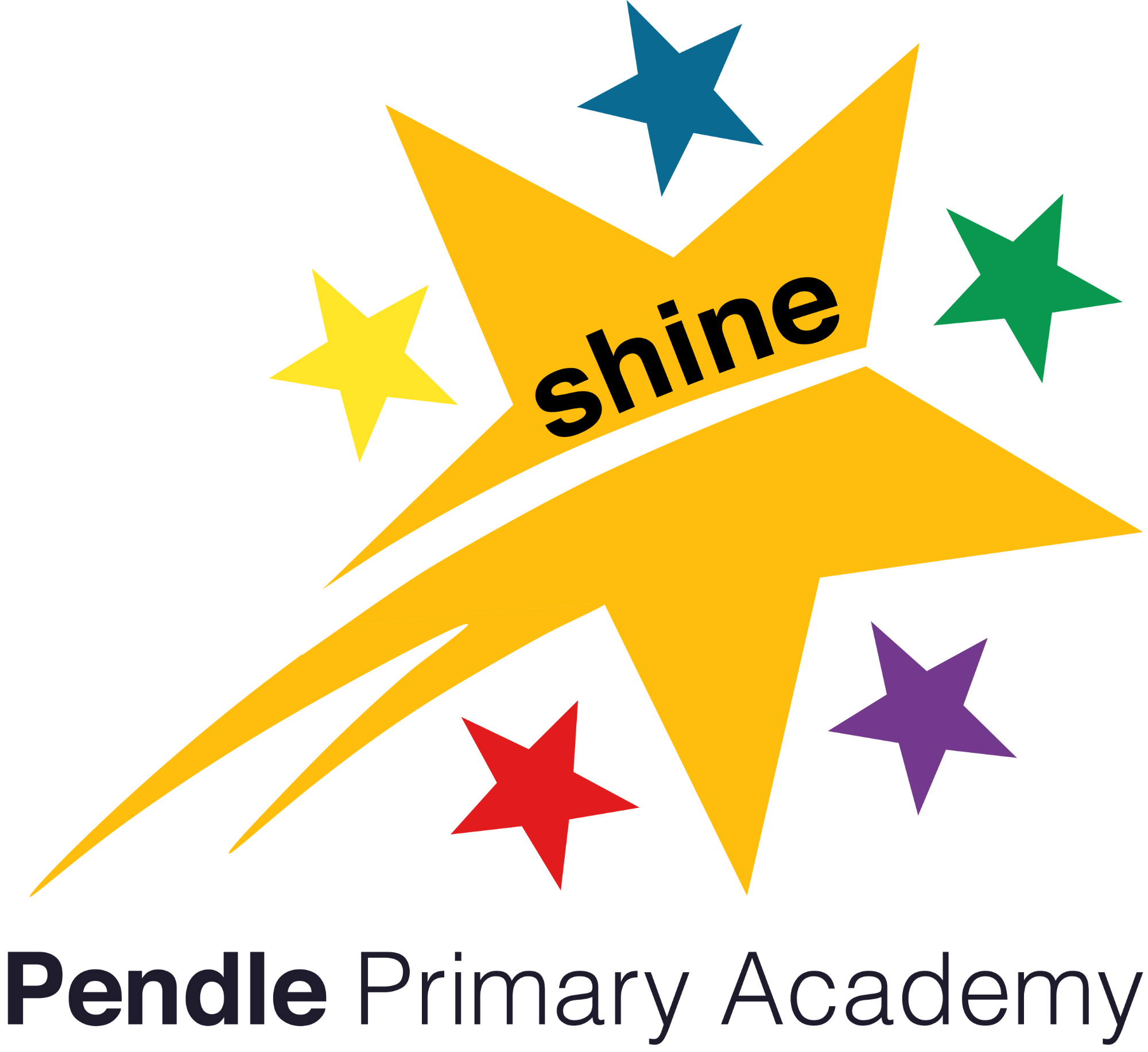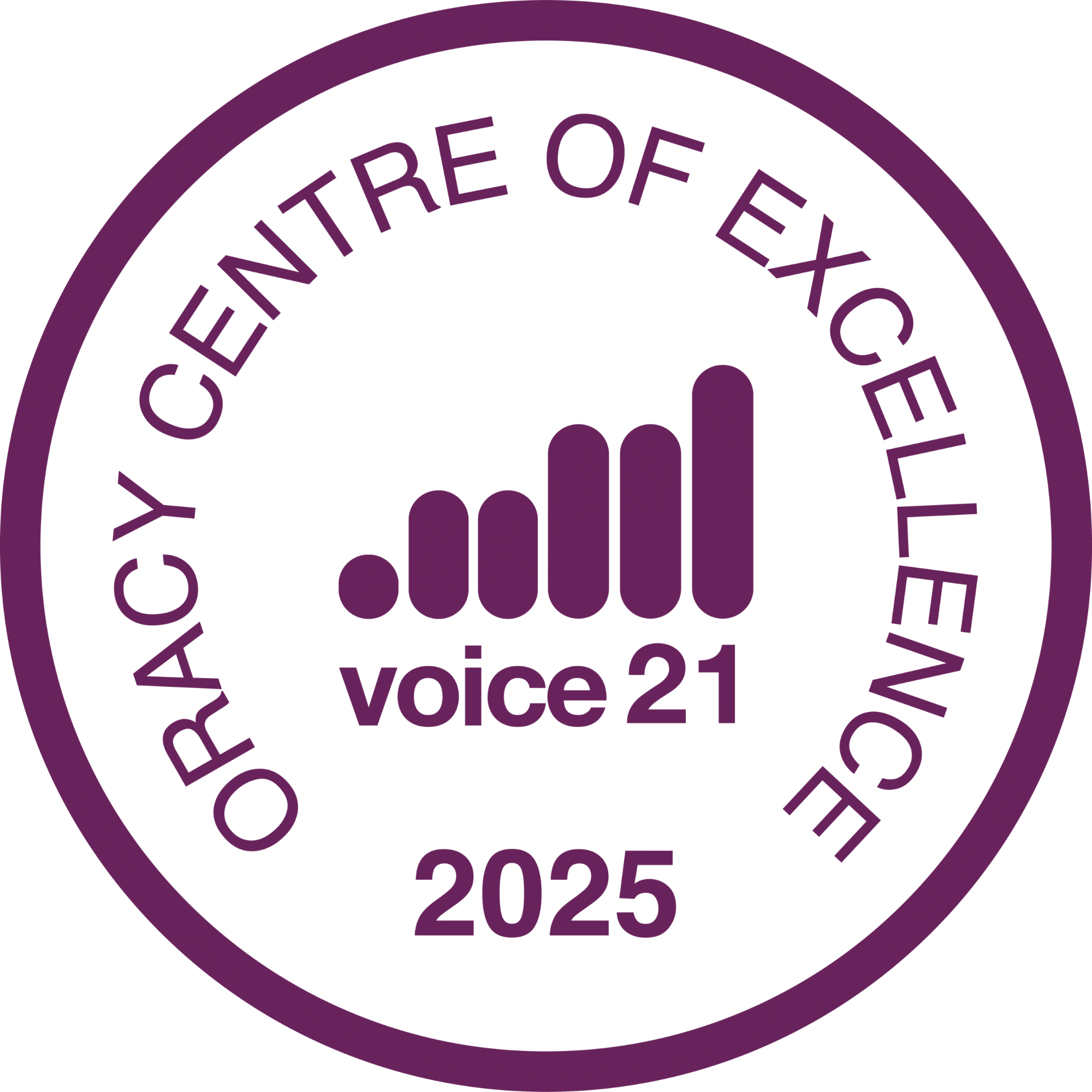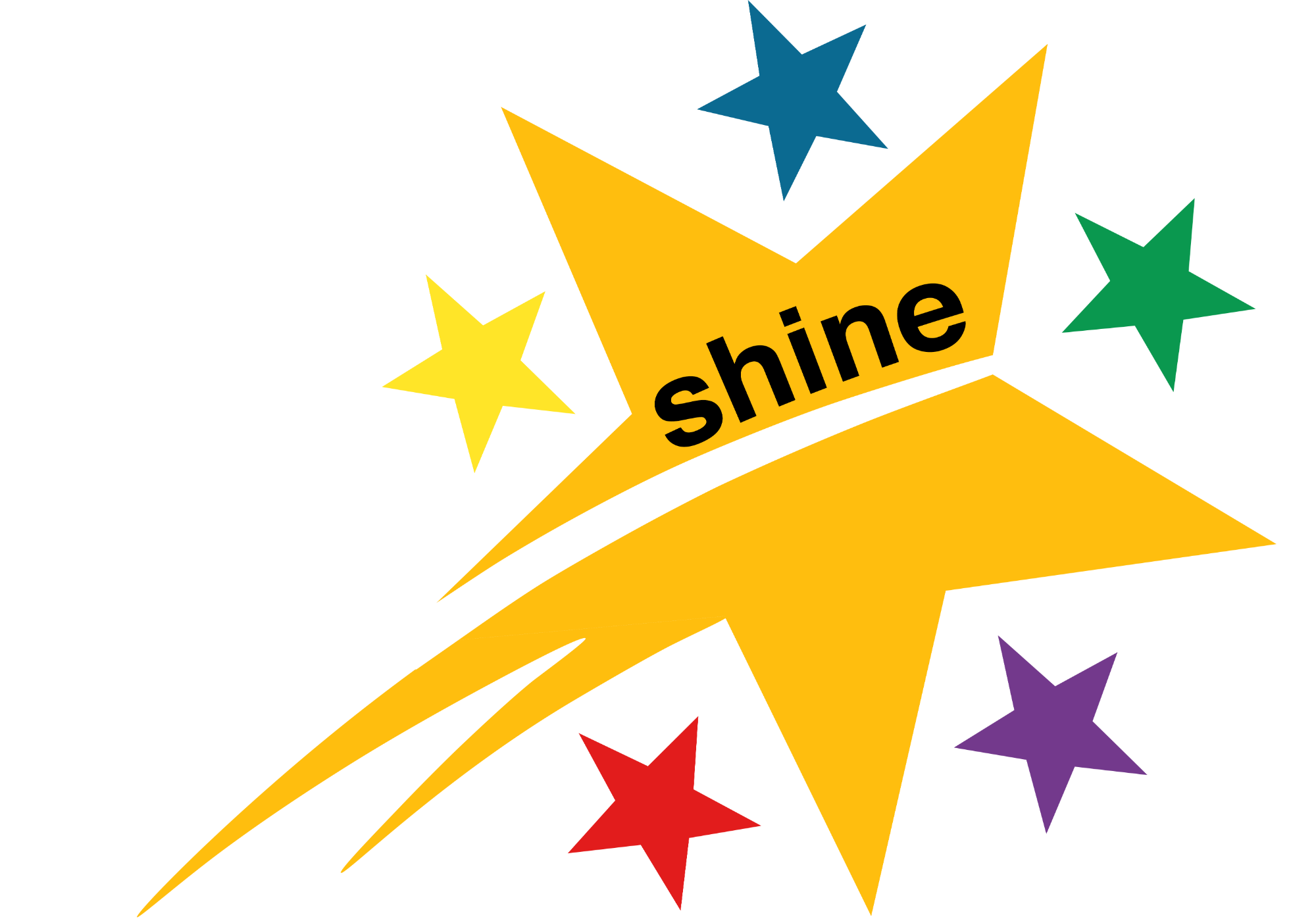
Oracy

As a Voice 21 Oracy Centre of Excellence, we believe oracy to be fundamental to the achievement of the children at Pendle Primary Academy. We develop children’s oracy skills through the core and wider curriculum, during playtimes and lunchtimes, extra-curricular activities and the whole ethos of the school.
Respectful and productive relationships between all who form part of the school community are crucial aspects of this ethos. As a staff, we therefore foster good communication amongst ourselves and with our pupils, their parents and carers, and with the wider community. We place a high priority on supporting the development of good speaking and listening skills amongst our pupils.
The aims of oracy are to enable children to:
- speak with confidence, clarity and fluency;
- recognise the value of listening;
- have the self-esteem, to be confident in the value of their own opinions and to be able to express them to others;
- adapt the use of language for a range of different purposes and audiences, including the use of Standard English;
- learn to converse, sustain a logical argument and respond to others appropriately;
- concentrate, interpret and respond appropriately to a wide range of listening experiences;
- be open-minded, to value the contribution of others and to take account of their views;
- appreciate the diversity of languages, dialects and accents in the school and value the experience and contributions of children with a wide variety of linguistic backgrounds;
- develop empathy through drama.
Responsibilities
At Pendle Primary Academy, class teachers and teaching assistants are responsible for overseeing the teaching, learning, assessment, target setting, monitoring and day to day support / liaison for pupils in all aspects of learning.
The predominant role of the oracy lead is to:
- ensure that the teaching of oracy is part of a broad and rich curriculum that engages children in a range of activities and experiences to develop their speaking and listening skills.
- encourage diverse opportunities for oracy and allow children to consider the use of their voice in many situations.
- ensure that lessons are planned which allow children to practise skills from each of the four oracy strands.
Teaching and Learning in the EYFS
The EYFS provide the building blocks to a child’s spoken language development. The vast majority of our pupils enter our Foundation Stage below age related expectations for communication and language. It is crucial that staff at this stage provide a wide range of oracy opportunities for pupils.
Adults provide excellent models for the children, encouraging exploratory talking in all activities. Expectations of speaking and listening are made clear to the children and are regularly revisited, using these opportunities to strengthen the children’s knowledge of vocabulary. Presentational talk is also encouraged when sharing experiences and children enjoy ‘helicopter stories’ which encourage creative use of vocabulary and different uses of body language to tell their stories.
Teaching and Learning in KS1
Oracy is evident in all curriculum areas and opportunities are planned which include exploratory and presentational talking tasks. Each classroom has a range of vocabulary displayed for different curriculum areas. Children should undertake relevant paired/group work in all subjects.
In maths questions which encourage discussion are used as a starting point for each day’s lesson and children are encouraged to reason using appropriate vocabulary. In reading children are encouraged to talk about vocabulary and debate about characters and events in stories and in Year 2 children take part in a weekly Oracy lesson which links directly to the text being studied. In the wider curriculum, use of the Seesaw app as a learning journal allows the children to complete more presentational tasks, thus encouraging vocabulary building and talk in many different situations.
Teaching and Learning in KS2
As in Key Stage One, Oracy is planned into all areas of the curriculum through a mixture exploratory and presentational tasks. A weekly reading lesson is dedicated to teaching Oracy skills related to the weekly texts, maths discussion is encouraged through carefully selected questions which encourage debate and reasoning and in the wider curriculum exploratory activities are planned leading up to presentational tasks. Vocabulary is often pre-taught to children with additional needs and English as an additional language, to allow them the chance to participate in discussions.
Learning Environment
The learning environment should reflect the progress being made towards the oracy targets agreed, and should be reflected on by teachers and pupils, with elements of the class's journey included e.g. sentence stems. Discussion guidelines should also be evident in each classroom and referred to regularly by all staff. Vocabulary is displayed for various topics of learning and is often referred to and used by the children.
Assessment
Teachers assess oracy using targets from a progression document. These targets are also included in the Seesaw learning journals, giving the teachers the ability to assess recorded activities regularly.
